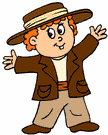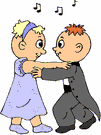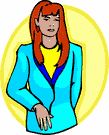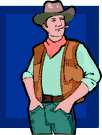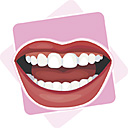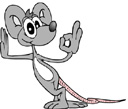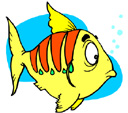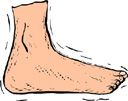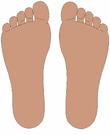| to go home | to have dinner | to watch TV |
| to get up | to do the homework | to do the laundry |
| to have dinner | to do the housework | to go to bed |
| to get dressed | to brush your teeth | to do the shopping |
| to do the dishes | to have breakfast | to have a shower |
| to have lunch | to leave home | to walk to school |
| to get to work | to get off work | |
Wednesday, 28 October 2009
Vocabulary: Daily routines
Tuesday, 27 October 2009
Listening activity
Texts: Daily routines
Routines
Three times a week I stay at school in the afternoon because I have football training (on Mondays and Thursdays) and on Fridays I have Music Club. I have lunch at the school canteen and then I go to our library and I do my homework. After my extracurricular activities I go home. It takes me about ten minutes to get home by bus. Before dinner I usually have a shower and watch my favourite TV series. I always have dinner with my family. Then I play on the computer, listen to music or read. I never go to bed late.
_________________________
John's Daily Routine
His name is John Smith, he is a good student from England. His weekdays are very busy. Usually he gets up at eight o’clock and he goes to the bathroom, he has a quick shower, gets dressed and combs his hair. At a quarter past eight he has breakfast with his mother. After breakfast he brushes his teeth and at twenty past eight he goes to school by bus. He arrives at school at a quarter to nine and his classes start at nine o’clock. He always has lunch in the school canteen at one o’clock P.M and his classes start again at twenty-five past two. He goes home at half past four. When he arrives home he has tea, does his homework and watches TV. Before dinner he plays computer games and sometimes he helps his mother. He always has dinner at eight o’clock with his family and at half past nine he goes to bed.
Thursday, 22 October 2009
Sunday, 18 October 2009
Plural of nouns: exercises - Irregular plurals
- Choose the correct word.
- The glass / glasses is full.
- The pencil / pencils is short .
- He is a child /children.
- The men / man is in the park.
- His tooth / teeth are yellow.
- The women /woman are in the shop.
- The mouse / mice is in the hole.
- I have an apple / apples.
- We are a fireman /firemen.
- I see two box / boxes.
- Write these words in plural. Add -s,-es, -ies, -ves
| a boy - 2 | a pencil- 2 | a peach- 3 | a potato- 2 |
| a box- 2 | a baby- 7 | a table- 2 | a bus- 5 |
| a city- 5 | a dish- 2 | a robot- 7 | a knife- 2 |
| a girl- 3 | a fox- 6 | a toy- 2 | a tomato- 2 |
| a dress- 10 | a beach- 2 | a lady- 4 | a monkey- 7 |
| a bench- 2 | a brush- 10 | a snake- 3 | a door- 2 |
| a bike- 3 | a desk- 9 | a pen- 5 | a tree- 8 |
| a story- 6 | a body- 2 | a glass- 2 | a way- 2 |
| a leaf- 2 | a key- 5 | a cherry- 2 | a duck - 6 |
| a day- 9 | a chair- 2 | an egg - 8 | a wish- 2 |
- Write these words in plural.
- Example: one goose
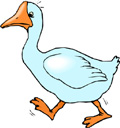 four geese
four geese
one 
two | one    two | one    two
| one  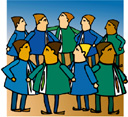 many | one 
many |
one   two | one   two | one  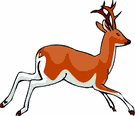  two | one 
two | one    two |
- Change the sentences into the plural form.
Example: My foot is big. My feet are big. |
- The man is tall.
- The woman is fat.
- The child is sad.
- The mouse is gray.
- My tooth is white.
- Change the sentences into the singular form.
Example: The fish are quiet. The fish is quiet. |
- The geese are in the yard.
- The children are tired.
- The policemen are old.
- The mice are hungry.

